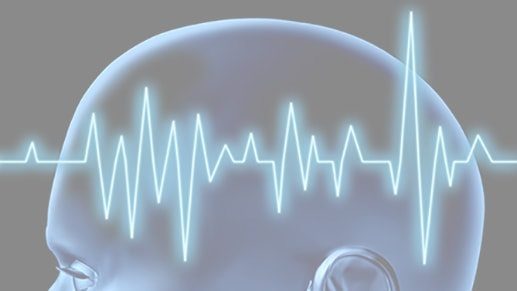Complication: Stroke
Symptoms
Face drooping: one side of the face is numb or drooping; arm weakness: one arm is weak or numb; speech difficulty or slurring of speech

Stroke and Heart Disease Linked to Oral Health
Studies suggest strong correlation between chronic gum infection and cardiovascular disease. The American Academy of Periodontology suggests that people with gum disease are almost twice as likely to have heart disease as those without it.
Two studies have linked the bacteria from periodontal disease to heart problems. A study in Circulation found that older adults who had a high proportion of four different kinds of gum disease-causing bacteria also had thicker carotid arteries, which is a predictor of stroke and heart attack. A study published by the Journal of Periodontology found that people with acute coronary syndrome had higher levels of oral bacteria.
So how does gum disease influence heart health? Oral bacteria from infected gums can enter the bloodstream and attach to fatty plaques on the artery walls, contributing to the formation of blood clots, which can lead to heart attack or stroke. Oral bacteria may provoke inflammation, which can damage artery walls and lead to formation of plaques. If the artery gets blocked and blood is not able to flow to the brain, a stroke can occur.
Periodontitis may be a contributor to heart disease and stroke. Additional studies must be done before this knowledge can be put into clinical practice.
Stroke Prevention Tips
- Monitor medical risk factors such as high blood pressure, atrial fibrillation, high cholesterol, diabetes, and circulation problems
- Eat a balanced diet
- Get active, sustain physical activity
- Don’t smoke
- Abstain from drinking
